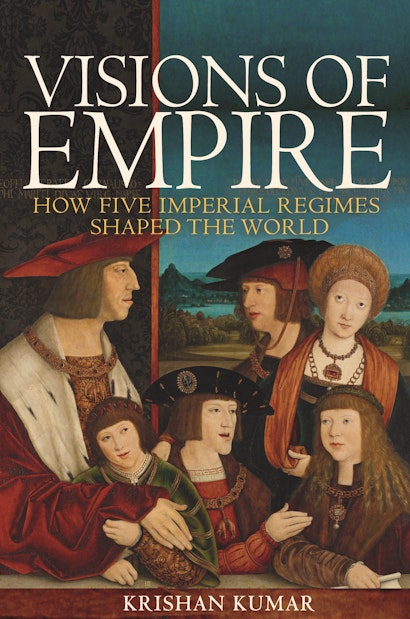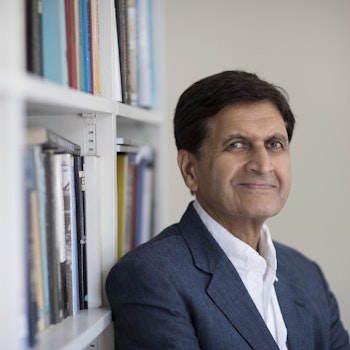The empires of the past were far-flung experiments in multinationalism and multiculturalism, and have much to teach us about navigating our own increasingly globalized and interconnected world. Until now, most recent scholarship on empires has focused on their subject peoples. Visions of Empire looks at their rulers, shedding critical new light on who they were, how they justified their empires, how they viewed themselves, and the styles of rule they adopted toward their subjects.
Krishan Kumar provides panoramic and multifaceted portraits of five major European empires—Ottoman, Habsburg, Russian/Soviet, British, and French—showing how each, like ancient Rome, saw itself as the carrier of universal civilization to the rest of the world. Sometimes these aims were couched in religious terms, as with Islam for the Ottomans or Catholicism for the Habsburgs. Later, the imperial missions took more secular forms, as with British political traditions or the world communism of the Soviets.
Visions of Empire offers new insights into the interactions between rulers and ruled, revealing how empire was as much a shared enterprise as a clash of oppositional interests. It explores how these empires differed from nation-states, particularly in how the ruling peoples of empires were forced to downplay or suppress their own national or ethnic identities in the interests of the long-term preservation of their rule. This compelling and in-depth book demonstrates how the rulers of empire, in their quest for a universal world order, left behind a legacy of multiculturalism and diversity that is uniquely relevant for us today.
Awards and Recognition
- Co-Winner of the 2018 Barrington Moore Book Award, Comparative and Historical Sociology Section of the American Sociological Association
- Winner of the 2018 Ab Imperio Award, KRES Poliskola
Krishan Kumar is University Professor and William R. Kenan, Jr., Professor of Sociology at the University of Virginia. His books include The Idea of Englishness: English Culture, National Identity, and Social Thought; From Post-Industrial to Post-Modern Society: New Theories of the Contemporary World; and 1989: Revolutionary Ideas and Ideals.
"Kumar . . . argues persuasively that studying historical empires, with their diverse subject populations, far-flung networks, and complex political hierarchies, can provide insight into our globalized present. . . . A judiciously argued and useful survey for any student of empire."—Publishers Weekly
"In this excellent book, Kumar compares the histories of the Ottoman, Russian/Soviet, Habsburg, British, and French empires."—Choice
"[An] eloquent, even-handed, engaging and tremendously well-informed account of empires."—Jennifer Pitts, Times Literary Supplement
"An excellent and thought-provoking work that is based on great erudition and is cast in a very readable style."—Kees Boterbloem, Russian Review
"[T]his book is an important contribution to the new trend in the history of empires, and should become part of the reading list in many advanced courses inmodern history."—Alexey Miller, Slavic Review
"Anyone researching how monarchs, proconsuls, administrative and social elites, artists, and intellectuals legitimized these empires (at least among themselves) and contemporary legacies for these state-bearing peoples could do no better than start with this book."—Luke Gibbon, H-Net Reviews
"In this extraordinary volume, Krishan Kumar provides us with a brilliant tour of some of history's most important empires, demonstrating the critical importance of imperial ideas and ideologies for understanding their modalities of rule and the conflicts that beset them. In doing so, he interrogates the contested terrain between nationalism and empire and the legacies that empires leave behind."—Mark R. Beissinger, Princeton University
"This is an excellent book with original insights into the history of empires and the discourses and rhetoric of their rulers and defenders. Kumar's writing is lively and free of jargon, and his research is prodigious. He manages to bring clarity and perspective to a complex subject."—Ronald Grigor Suny, author of "They Can Live in the Desert but Nowhere Else": A History of the Armenian Genocide
"A masterly piece of work."—Anthony Pagden, author of The Burdens of Empire: 1539 to the Present


